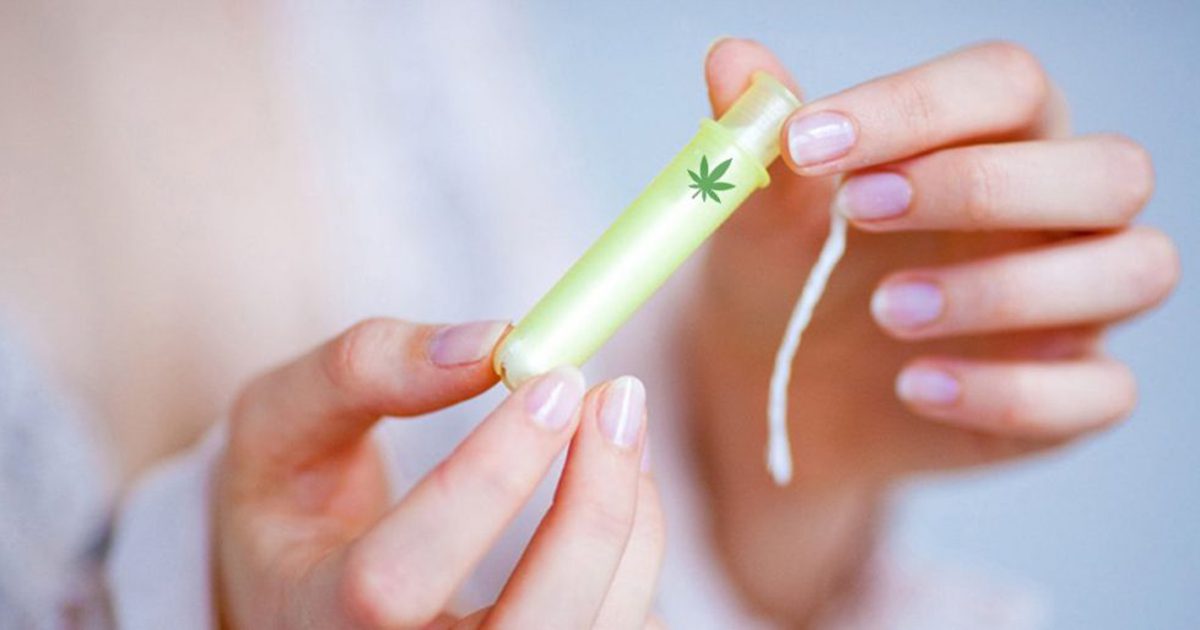Most people do not know the benefits of avocado leaves such as they can help prevent the progression of various diseases such as atherosclerosis, diabetes, rheumatoid arthritis, heart disease, and chronic inflammation. It has even been shown to be effective in preventing cancer growth.
To begin with, did you know that avocado is an incredibly nutritious fruit? Although people have used its leaf in cooking for centuries to add flavor and aroma, few are aware of the health benefits it provides. To learn more about this incredible superfood—and what makes it so good–read on!

The Nutrients In Avocado Leaves
Proteins And Fibers
Avocado leaves are rich in proteins and fiber when compared to fruit or seeds. The leaf has 25.54 g protein, 38.40 of fiber per 100 grams while the fruits contain only 1.60 g and 2..06g respectively (per 100 grams).
Minerals
The leaves contain many good things, such as sodium and magnesium to maintain a healthy body; manganese for the metabolism of carbohydrates and proteins; iron that is essential in blood formation (and therefore oxygen transport); zinc used by our bodies to respond positively against infections. Eating more potassium helps prevent high blood pressure while calcium strengthens your bones, teeth, nerves & muscles.
Phytochemicals
The leaves of the avocado plant contain a higher amount of healthy chemicals, such as flavonoids and phenols. Flavonoids are antioxidants that show anti-inflammatory, anti-clotting, antidiabetic, and anticancer activities which protect nerve cells from degeneration.
The antioxidant properties of phenols prevent oxidative damage to biomolecules such as DNA and lipids. Oxidative damage plays a role in chronic diseases like cancer and cardiovascular diseases, so it’s thought that the consumption or regular exposure to this chemical might actually lower your risk for these conditions.
Four Benefits Of Avocado Leaves
1. It Reduces Convulsions
African traditional medicine recommends the use of avocado leaves to treat convulsions and epilepsy in children. Animal research validates this claim too, as it treated mice with artificially induced seizures using an aqueous extract from avocado leaves.
In the majority of cases, it was found that taking an extract prevented or delayed seizures. This probably happens because GABA activity increases in the brain and reduces nervous activity.8
2. It Fights Ulcers
The study investigated the anti-ulcer activity of avocado leaf extract in rats. The researchers found that there was a significant dose-dependent reduction in ulcers, due to phytochemicals like flavonoids (a type of polyphenol), saponins, and tannins present on its leaves.
3. It Lowers Blood Glucose Level
An aqueous leaf extract of avocado was found to have hypoglycemic effects depending on the strength and dose. The maximum reduction in blood sugar occurred six hours after administration, according to a scientific study conducted on rats with artificially induced diabetes.”10
4. It Decreases Body Weight
When we eat a high-fat diet, fat is stored in adipocytes (also known as fat cells). An animal study where rats on the same type of diets were treated with an extract from avocado leaves proved that it increases the breakdown of fatty acids and helps reduce weight.
How To Include Avocado Leaves In Your Diet
Avocado leaves have a delicious flavor which you can add to various dishes. You can either use fresh avocado leaves or the leaf extract as a salad dressing or soup flavoring. The licorice-like and anise flavor makes this ingredient too bitter for some people, so start with small amounts of it when using it in your food recipes!
If you’re looking for a way to use avocado leaves, try making tea! Just put a few in some water and add the sweetener of your choice. However, make sure they are washed thoroughly before doing this because fungicides sprayed on them may be dangerous if consumed.
What Are The Side Effects Of Avocado Leaves?
If lactating livestock eats avocado leaves, they may develop painful breast infections that can cause them to stop breastfeeding. Similar results have been found in the mammary glands of mice when fed a diet containing small amounts of the freeze-dried avocado leaf.
Although there are no conclusive studies on the side effects of avocado leaves, pregnant women and those who currently breastfeed should avoid eating them.
If you know someone who might like this, please click “Share”!


